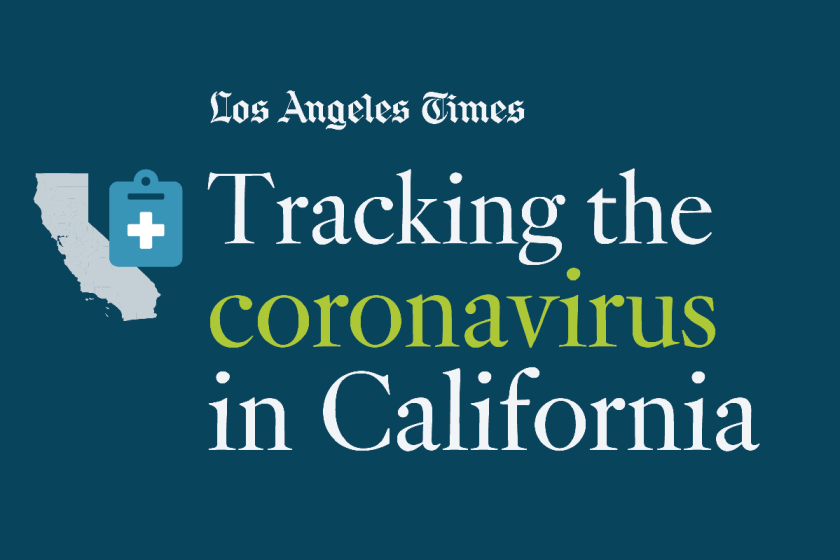Newsom joins 4 governors in seeking $1 trillion in federal relief for all states

SACRAMENTO — California Gov. Gavin Newsom and his counterparts in four Western states on Monday asked Congress for $1 trillion in COVID-19 pandemic relief for all states and local governments.
Newsom joined with the governors of Oregon, Washington, Nevada and Colorado, as well as legislative leaders from the five states, in asking the House and Senate for the aid. The governors said the funds would be critical for public health programs, law enforcement and schools.
“Without federal support, states and cities will be forced to make impossible decisions — like whether to fund critical public healthcare that will help us recover, or prevent layoffs of teachers, police officers, firefighters and other first responders,” the letter stated. “And, without additional assistance, the very programs that will help people get back to work — like job training and help for small business owners — will be forced up on the chopping block.”
This request would be on top of the $2-trillion economic relief package approved by Congress and President Trump in March. That package provided money to many Americans, as well as hospitals, businesses, and state and local governments struggling with the pandemic.
Last week, the Newsom administration announced that California’s government faces a $54.3-billion budget deficit through next summer due to a drop in tax revenue related to the coronavirus and the statewide stay-at-home order that shut down all but essential businesses.
Newsom’s budget team forecasts a $41.2-billion drop in tax revenue compared with their estimates from just four months ago, with state revenue from personal income taxes, sales taxes and corporate taxes — the state’s main sources of revenue — plummeting by roughly 25%.
Newsom on Monday said that the state has processed approximately 4.5 million unemployment claims since mid-March, when businesses began closing their doors and laying off employees. Newsom said the state unemployment rate eventually could approach 25%.
In April, Newsom and the governors of Washington and Oregon announced “a regional pact to recovery” from the coronavirus crisis and agreed to work together to develop a plan to lift restrictions on daily life and reopen economies along the West Coast. Nevada and Colorado later joined the pact.
The governors said they planned to collectively identify clear “indicators for communities to restart public life and business.” Under the regional pact, the states laid out shared goals to control the virus, including protecting vulnerable populations, ensuring the states have enough equipment and hospital workers to provide adequate care, and developing a strategy to test, track and isolate cases.
The latest maps and charts on the spread of COVID-19 in California.
Newsom last week announced California’s updated plans for easing the stay-at-home order and reopening businesses and workplaces in the state. Under the plan, in-restaurant dining, car washes, shopping malls and some office buildings could also be allowed to reopen in coming weeks if public health officials in a county are able to demonstrate that the spread of the coronavirus has stabilized there. County officials must prove to the state that they have adequate testing and hospital capacity and the ability to isolate people with the virus, and trace who they have contacted.
Bookstores, music stores, toy stores, florists, sporting goods retailers and clothing stores were allowed to reopen for curbside service on Friday, as were the manufacturers, suppliers and logistics services that help provide goods for those businesses.
Before reopening, all retail business are required to create a plan to protect employees and customers, train employees on how to limit the spread of COVID-19, have measures in place to screen for employees who may be ill and implement disinfecting and social distancing policies.
More to Read
Sign up for Essential California
The most important California stories and recommendations in your inbox every morning.
You may occasionally receive promotional content from the Los Angeles Times.












